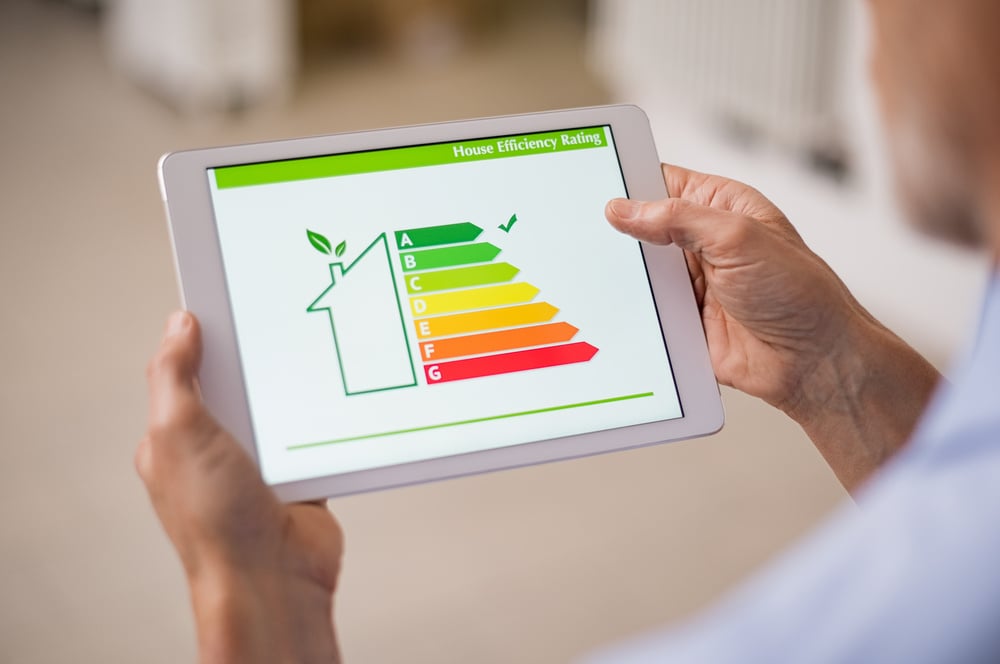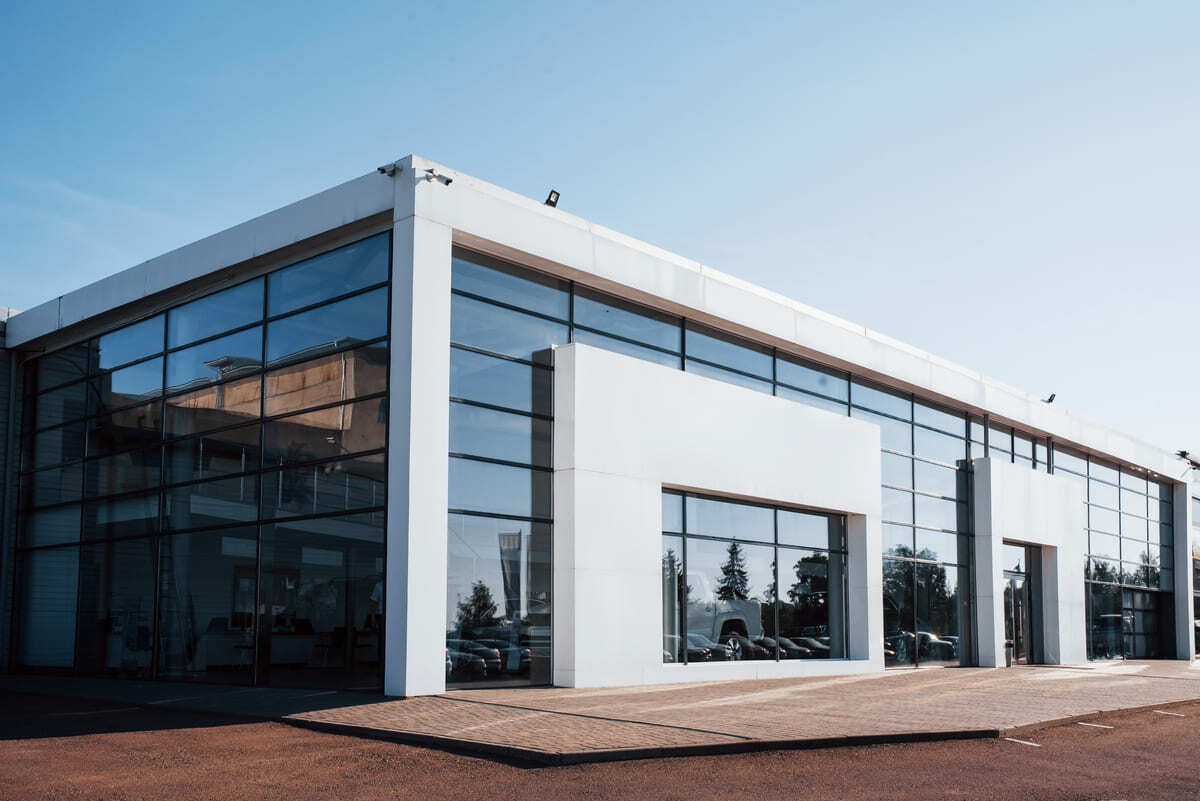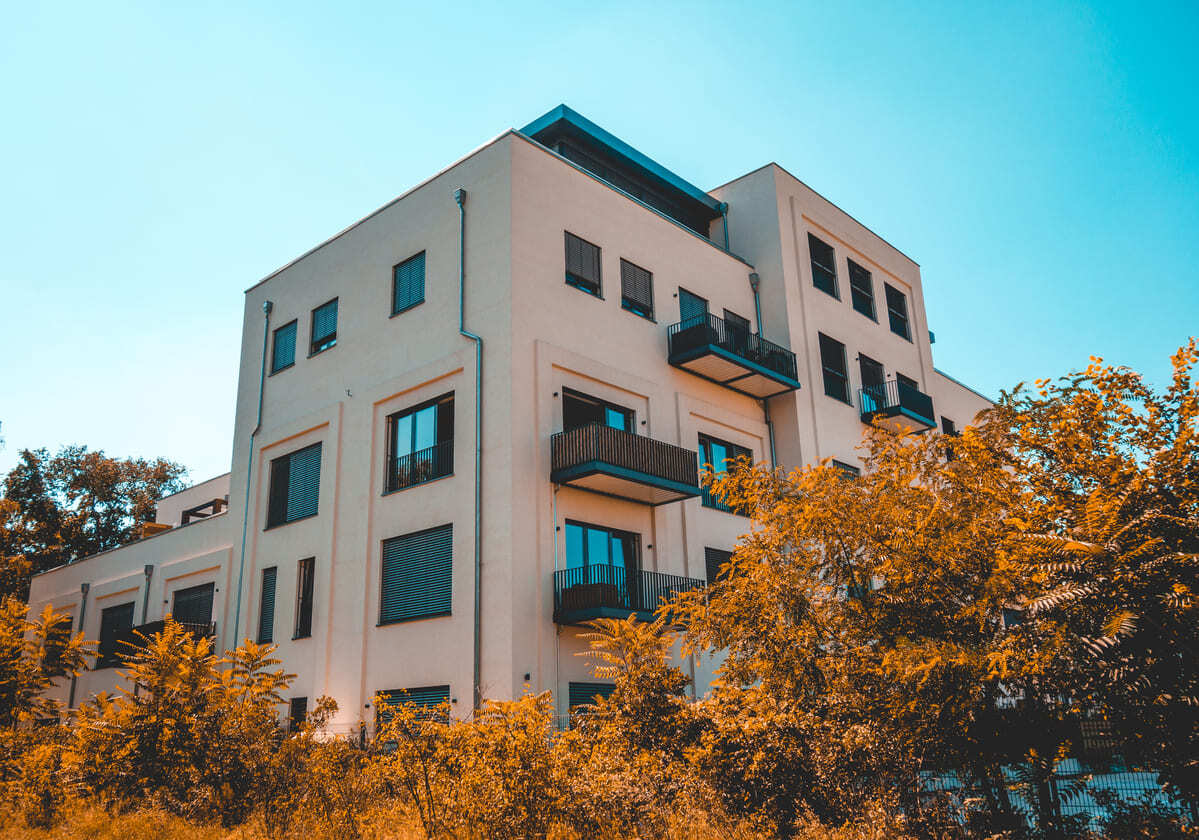
Are you seeking ways to improve the energy efficiency on your residential investment property? “Going green” is more than just a buzzword. Installing green initiatives can not only inspire the residents of your properties to conserve energy, it can also lower your maintenance costs.
Consider some options that can make your residential investment property stop bleeding money. Improving the energy efficiency of your property enhances its appeal to residents seeking living space without the problems of pollution and waste.
Conduct an Energy Audit
If you're serious about making your properties more energy-efficient, a professional energy audit is a good place to start. These audits assess and evaluate the energy usage thresholds of your property and offer ways to increase its energy efficiency.
Even simple assessments like the Home Energy Score can be used on your residential investment property. This score reflects the energy performance of a property. It also has value to prospective residents who may be trying to calculate the future energy costs of their newly leased home, condo, or apartment. Listing your positive Home Energy Score rating in local real estate publications can attract higher-quality residents who care about the environment and who would also be good stewards of your property.
You can partner with individuals and companies that offer the score. A professionally trained and certified energy consultant will target any outmoded equipment that no longer works at capacity and may contribute to your rising energy costs. They will search for air leaks and recommend replacing insulation that is no longer doing its job.
Swap Out Your Old Lighting
Most residential investment property owners don’t realize that the main source of energy costs – at least 35% --is lighting. Even if you added together the cost of heating and cooling your residents’ units, lighting costs would still surpass those totals.
Sometimes learning these hard truths can be the impetus for some sweeping changes, like installing motion sensor lighting that turns off and on as needed. But there are small ways that you can encourage your residents to embrace these property improvements. Start fitting each unit with energy-efficient light bulbs. Then, ask your residents to please replace theirs as needed with these energy-saving bulbs to continue to save money on their own energy bills.
Replace Worn Out Insulation
Older insulation can lose its efficacy from the damage wrought by rodent infestations. Rats, possums, and mice make nests in the insulation. This creates severe health hazards and leaves large gaps where there is no longer any insulation to prevent air from leaking.
Install Energy Efficient Windows
Explore the possibilities of replacing your current windows with those that save energy year after year. Unless your residential investment property is rather small and only a single story, you might not want the bother and hazard of replacing storm windows twice a year.
But property management companies have teams of workers who can handle that task for you semiannually as part of their contracted duties. You will never have to scale a ladder or haul heavy storm windows out of storage. All that will be done for you competently and quickly.
Invest in Solar Panels
This sweeping change has the greatest potential for future energy savings. But residential investment property owners often balk at the initial price, which admittedly can be considerable. Solar panel companies realize that the price of the panels is a big barrier to purchasing. They offset this negative aspect by frequently subsidizing installation costs and extending payment plans to eliminate some of the sticker shock.
If you decide to go with solar panel installation, check to see if that qualifies you for federal and state renewable energy tax credits. Check out the Database of State Incentives for Renewables & Efficiency website for any financial incentives for renewable energy tax credits that could offset purchase and installation costs of solar panels.
Install Water-Saving Devices in Your Units
Replace existing plumbing features with low-flow versions of toilets, shower heads, and faucets stamped with the WaterSense label. That indicates they have water-saving features that boost the environmental cache of your property while also saving on utility costs.
You can also encourage residents to cultivate gardens in their own and common greenspaces that use collected rainwater instead of hoses for watering purposes.
Replace Worn Out Kitchen Appliances with Energy Star Appliances
This can be done gradually so it doesn't break the bank. Energy Star appliances are a worthwhile investment to make on your residential investment property. They are high-quality and can use as much as 50% less energy than older appliances. This is a solution where everyone benefits, including our increasingly fragile environment.
Conducting an energy audit is a worthwhile task that may set your property apart from others. An energy-efficient investment property will be more cost-efficient, appealing to potential residents, and better for the environment.
Related Articles:
Features of a Promising Investment Property
What's the Difference Between Property Management and Property Maintenance?










